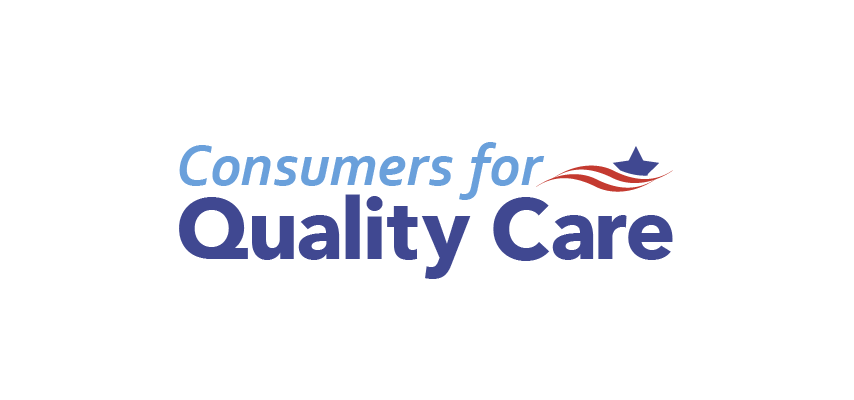New CQC-Ipsos Survey Reveals Voters Really Want More Clarity, Information & Lower Costs in Health Care Experience
By Consumers For Quality Care, on October 30, 2018

Americans believe private sector has more power to impact system than Congress and Trump
WASHINGTON – A new survey from Ipsos on behalf of Consumers for Quality Care found that heading into election day, voters are deeply frustrated by unpredictable costs and the lack of transparency in health care. The full survey findings can be found here.
“Information is power, and consumers are hungry for a better understanding about how consumer costs are determined in the health care realm,” said CQC Board Member Scott Mulhauser. “The consensus on prioritizing transparency and predictability transcends political parties. Consumers and families are particularly eager for more clarity about what’s covered by their insurance – and what isn’t, so they can make better decisions and avoid getting hit with surprise bills and fees.”
More than 60 percent of survey respondents say it’s too difficult to know how much they are going to have to pay for health care, and:
- 77 percent want increased clarity on what health care providers and medicines are covered under their insurance;
- 76 percent want more clarity on their out-of-pocket hospital costs;
- 74 percent more clarity on out-of-pocket costs for prescriptions; and
- 73 percent want explanations of how often and why payments for specific, prescribed treatments may be denied by their insurance.
The top things Americans reported as most frustrating about health care are hospital fees and unexpected bills (74 percent), insurance costs like premiums, copays and deductibles (71 percent), and out-of-pocket costs for prescription drugs (64 percent).
Eighty-eight percent of voters in the survey said, “lawmakers need to set aside partisan politics and find ways to improve health care,” underscoring the strong appetite for meaningful, bipartisan solutions.
Voters don’t think fixing health care is a problem solely for lawmakers to solve, however. They believe the private health care industry has even more power than policymakers to improve the system, and they want all the players in the health care ecosystem to step up to the plate.
- 75 percent of voters believe hospitals can have the largest impact on improving health care, followed closely by insurance and pharmaceutical companies (72 percent), and medical professionals (72 percent); and
- Voters also believe that Congress (69 percent), state policymakers (67 percent) and President Trump (57 percent) can have a significant impact improving U.S. health care.
“Across party lines, Americans say private sector health care entities can have the largest impact on improving U.S. health care,” said Mulhauser. “This research makes clear that Democrats and Republicans agree on a great deal more than you’d think about the problems plaguing the system, and ultimately we want innovative solutions from policymakers and the private sector that shine a bright light on costs, patient assistance programs, and other ways to save money.”
The changes a strong majority of Americans want included:
- Informing customers at the point-of-sale if there is a way to save money on a prescription (80 percent);
- Requiring increased transparency from hospitals, health insurance, and pharmaceutical companies about cost and access to health care (77 percent);
- Requiring pharmaceutical companies to provide more information about drug costs and financial assistance that may be available to patients (75 percent); and
- Requiring hospitals and clinics to show how much they are marking up the costs for standard treatments (69 percent).
This is the second poll Ipsos has conducted on behalf of Consumers for Quality Care. The first CQC-Ipsos survey results were released in April 2018 and found that Americans fear health care costs even more than they worry about costs associated with retirement, college, housing or child care.
The new Ipsos poll was conducted October 4-11, 2018. The survey sample included more than 1,700 adults age 18+ from the continental U.S., Alaska and Hawaii, with oversamples of 250 African Americans and 250 Hispanics to ensure fuller demographic representation. The interview was conducted online in both English and Spanish.
More information can be found at www.consumers4qualitycare.org/research.
To learn more about Consumers for Quality Care and the issues consumers are experiencing, visit www.consumers4qualitycare.org.
